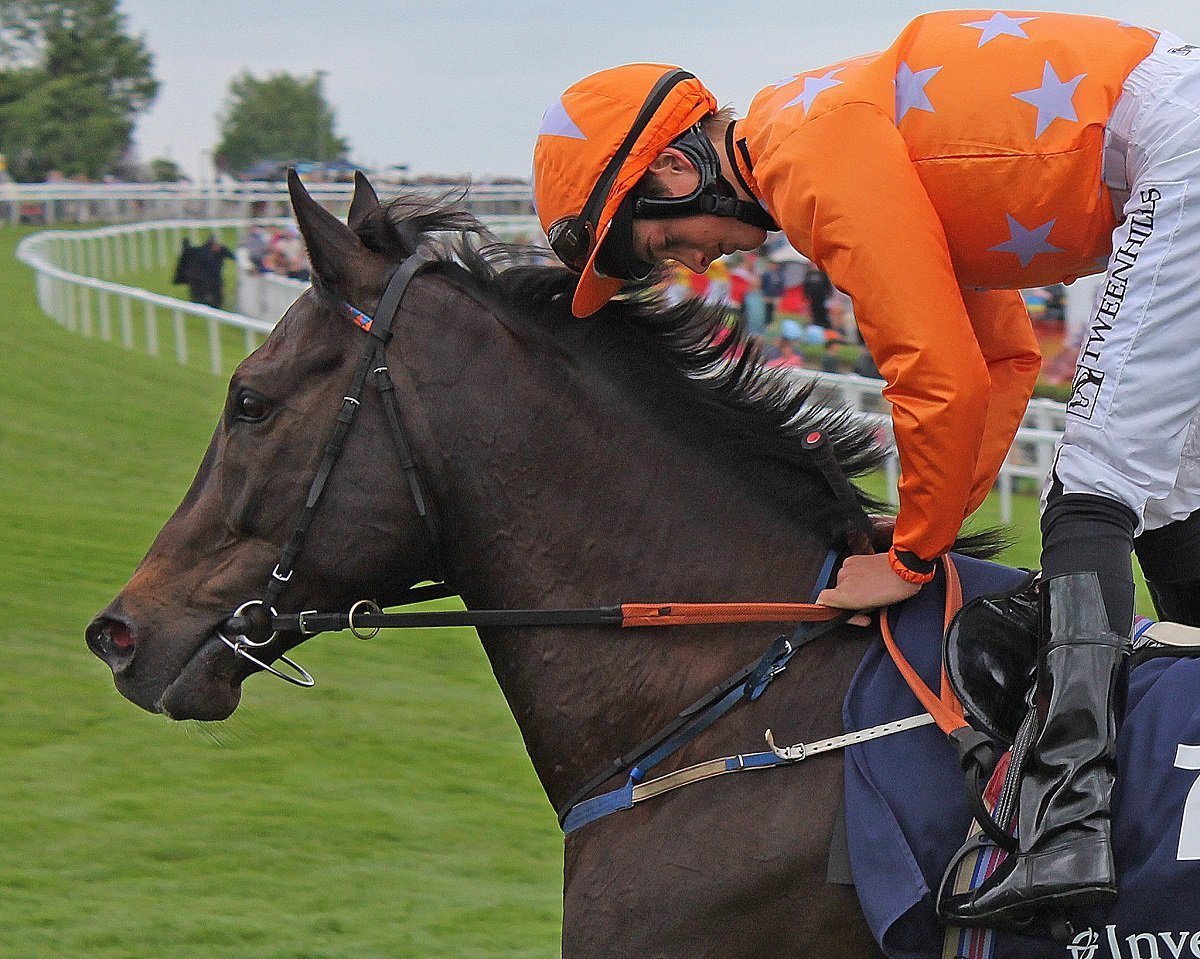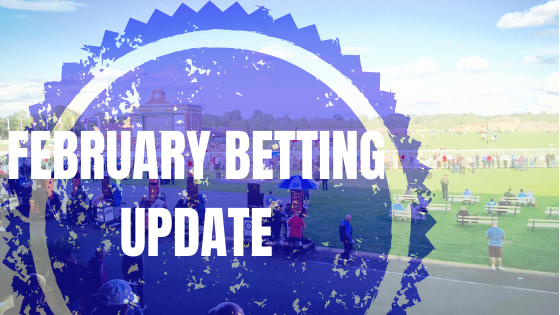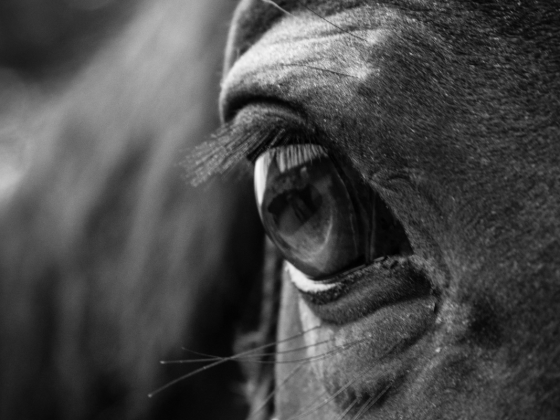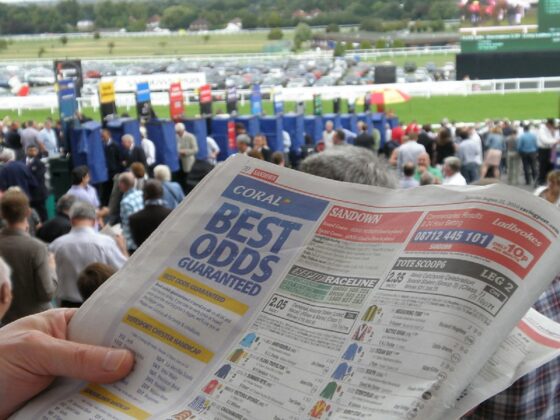How to Improve Your Betting discipline
Betting discipline, in terms of importance, sits alongside having an edge on the market, you need to have both to succeed.
Whereas finding an edge is down to research, knowledge testing and implementation, betting discipline is a behaviour. You may know exactly what you need to do to be disciplined, behaving that way consistently is a different matter.
You may have discovered a decent edge over the betting market, ill-discipline could negate that edge and wipe out your betting bank, or betting banks if you continue to fall foul.

“Doctor Parkes and Harry Bentley” flickr photo by monkeywing https://flickr.com/photos/colinsite/8926241207 shared under a Creative Commons (BY) license
Chasing losses, over staking, impulse bets….
I’ve never met anyone in betting who 100% of the time makes the correct decision and had total control over their behaviour. We are all fallible and prone to fun bets, chasing losses, under and over staking, impulse bets, not being in control of our decision making and the list could go on….
Partly I’m writing this post for myself, writing things down, gives me clarity. I know what I need to do and I know where some of my weaknesses are. In bench marking those weaknesses I’m trying to rule out some of the mistakes I make and improve my profitability.
I know I am most profitable betting on horse racing, but I sometimes bet on other sports, in the main football where I’m not profitable! I often bet more than one horse in a race. I get frustrated when something you might see as ‘bad luck’ goes against me and I make bets I wouldn’t have normally had.
So, the personal aim of this post is to help me rule out some of the errors I make and improve my profitability. If your reading this, I hope there’s something positive you can take away too.
The first point I’m going to make is around keeping accurate betting records.
Betting discipline – Keeping accurate betting records
Okay, so it’s a bit of a chore, more so if you are losing but you need to keep accurate records of your betting activity. All bets, nothing missed out.
If you do your betting online, it’s relatively easy to access your betting history. If you do your betting in a shop, on course or in a combination of any of these or other channels then you’ll need to be a bit more disciplined in keeping records up to date.
I’ll throw this out there….
People who don’t keep records of their betting do so because they know they are losing money and are kidding themselves?
Whether you agree with this or not, I know it’s more enjoyable to update your records when you are in a winning spell. I can see why people don’t when they are recording losses.
Why keep betting records?
Very simple, but first off to know if you are winning or losing.
With accurate info, you can make some decisions. If you are losing maybe you want to stop betting or reduce your stakes.
Possibly analyse your bets and identify your strengths and weaknesses. Can you make improvements or rule out mistakes that you have made? Have you got the motivation to put in the work to make yourself profitable? Or should you just pack it in and go do something more worthwhile with your money.
You’ll be able to answer some of those questions. For me, I want to know exactly how much I’m winning or losing. I also find that recording every bet helps me stop making what I’d call ‘bad bets’. You feel dumb writing up a monthly record and including a bet you know full well you shouldn’t have made.
Recording ‘all your bets’ helps you identify errors you’ve made and with this knowledge you can think twice and walk away from making the same mistakes in the future.
I’ve decided I’m going to record my 2020 record on the blog.
For me, it’s about discipline and improving my betting. I hope as a reader you’ll find it interesting and if you don’t already, then maybe it makes you consider keeping records of your betting activity.
How I record my betting P&L
For clarity, this is how I am recording my betting records.
Prices will be the actual prices for bets struck.
One of the issues I have with some tipsters is they quote their profits to prices that you can’t get on at. As I’m not a tipster, it doesn’t matter. Sometimes you will see I’ve taken prices bigger than SP or bigger than Betfair SP. And on occasions it will go the other way and I’ve struck bets at under the odds. That’s the way it goes.
I can’t verify the bets.
I won’t be posting the bets up before they run, just the actual bets I’ve placed. You’ll have to take my word for it. I’m not selling tips and never will so I do not need to falsify records. I’d only be fooling myself and that would be a massive flaw in the context of this post.
Some of the prices recorded will be in an unfamiliar format with prices recorded to 2 decimal places.
The majority of my bets are placed on the Betting Exchanges. All odds will be recorded in decimals. Some will appear unusual because stakes will be struck at different prices in the exchange as I get bets on. As an example, if I have half my stake at 12.0 and a half at 12.5 then the average odds for the bet will be 12.25.
I’m deducting any commission paid from the profit on winning bets.
Therefore the profit shown on any bet will be less commission and the number will be actual profit (to level stakes).
P&L for each bet will be recorded to either 1 point win or 1 point each way.
Recording them this way makes straightforward and easy to track.
While I’m reporting The P&L in level stakes I don’t recommend level staking as the optimum method.
While I’ve never paid much mind to Kelly, Martingale or any other of the touted methods as a staking plan.. I stake bets based on perceived value. The greater your perceived value, the greater your bet size should be.
The way I gauge perceived value is by compiling tissue prices or expected chance on each runner. If you believe and trust your assessment then you should unload when the time is right and be conservative when your expected value is minimal.
All that said, no staking plan will overcome a negative expectancy that you take on your bets. What level staking gives you, is verification that your edge exists.
Betting Discipline – The Invisible line!!
Setting targets
Setting targets in betting can be dangerous psychologically, you become tied to a number and it can affect your decision making.
Let me give you an example of how this can manifest itself.
You commence a period of time, that could be a day, week, month, etc with an amount in your betting bank. For the sake of this illustration, let’s say betting activity over a day and £100 as your bank.
You start your betting day with £100 in your betting bank. Your aim at the end of the day is to have made a profit and have more than £100 in your betting bank.
£100 and 1 day are the invisible lines.
So you start your betting, after a few bets you are either, losing and have less than £100 in your bank, winning and have more than £100 in your bank or neither winning or losing and have £100.
Betting Discipline – Chasing losses
You aim to win and have more than £100 in your bank at the end of the day.
If you are behind at this point, the danger is you will make bets you hadn’t intended making when you started the day and/or over stake and bet more than you should in an attempt to get back in front of the invisible line. Commonly known as ‘chasing losses’.
This can be disastrous to your bank and long term profitability. Even with a proven edge chasing losses can wipe out the best.
 “Sandown Park 045” flickr photo by Ronnie Macdonald https://flickr.com/photos/ronmacphotos/1163099913 shared under a Creative Commons (BY) license
“Sandown Park 045” flickr photo by Ronnie Macdonald https://flickr.com/photos/ronmacphotos/1163099913 shared under a Creative Commons (BY) license
Failing to maximise the opportunities
Conversely, if you started well, backed a few winners and have more than £100 in your bank. You are at risk of being passive and betting too conservatively as you aim to be ahead of the invisible line at the close of the day no matter what. It takes on a degree of irrelevance as to how far ahead, just as long as you’re ahead!
In this scenario, you can be prone to under staking on positive value bets and failing to maximise the opportunities.
For example, you are ahead £10 on the day and have £110 in your bank coming into the last race and your final bet of the day.
This bet is your best bet of the day, in terms of positive expectancy. You are getting 10/1 about what you make a 4/1 shot and you should be staking near your maximum. Instead, you decide to have bet less than £10 because win or lose it means you’ll be ahead of the invisible line at the end of the day. Bad decision, this is not optimising your betting.
Both these scenarios damage your long term betting profitability.
How to work with the invisible line
Firstly, recognise it’s there. An awareness of how it affects your betting decisions means you can step back and consider your options.
Chasing losses is a profitability killer, likewise not taking advantage when you have a large positive expectancy is equally damaging.
Don’t set targets – easier said than done. If you are reading this then you are probably betting to win rather than a bit of fun. That there is a target – ‘betting to win’.
3 Tips to improve your betting discipline.
- Avoid outside influences
- Make each bet on individual merit
- Understand chance versus odds available
1 – Avoiding outside influences
The easiest way to not be influenced by the outcome of your other bets is to place all your bets for the day before the outcome of the first bet is known – ‘bet and forget’.
That way you’ll not be influenced on your next bet by what has happened to the previous ones.
I’ve taken to doing this regularly, I get all my bets on then that’s it. On Saturdays in the football season, bets will be placed in the morning, I go and watch football and don’t watch any races or check results during the day until later that evening.
I can’t be influenced by winners or losers in my bets, I’m not influenced in my future betting decisions by perceived ‘bad luck’. I’ve recently backed 3 last flight fallers that had the race at their mercy. Betting this way, I’m still annoyed and frustrated when I see what’s happened but by then the days racing is done and it can influence my immediate betting decisions.
2 – Making each bet on individual merit
Specialise and focus on the decisions you can control. Every bet should be treated in isolation using whatever selection process you use.
Your selection is just a conveyance of money, betting odds represent the market’s interpretation of chance. It doesn’t matter what horse you’ve selected, all have a chance of varying degrees of winning a race.
Most important is that you consistently strike bets at prices bigger than you believe the chance of winning. Often referred to as ‘taking value’ or ‘value bets’
3 – Understand chance versus odds available
Compiling your own betting tissue, the odds of every runner in a race is the way to finding value bets.
One of the attractions to me of betting on horse racing as opposed to other sports is there are so many variables. Modelling and predicting the outcome of a horse race to any great degree of accuracy is difficult. Because of this, there will always be profitable betting angles and inefficiencies in prices.
Compiling tissue prices takes practice, no one is ever going to predict exactly the true chance of every horse in a race. Because of this, it doesn’t matter if your tissue varies from the market consensus, in fact, if you have a robust selection process and verification of an edge then variance from the betting market odds is exactly what you are looking for. That’s where you’ll find value bets.
How is this relevant to your betting discipline?
Only make bets where the odds available are bigger than your interpretation of a horses chance – the odds are bigger than your tissue price.
Equally important, it will make you think twice about placing poor value bets. Are you going take 2/1 about a horse you fancy but on your tissue prices is 5/1? You’ll find it becomes easier to let these poor value bets pass.












